This is the first in a new, occasional, series of articles about the great composers. First up is –
Mikhail Glinka.
Born on 1st June 1804 in Russia, the son of a wealthy army captain he was raised in his early years by his grandmother. After her death he moved to live with his uncle where he would listen to uncle’s orchestra, whose repertoire included pieces by Haydn, Mozart and Beethoven. While there he was taught Russian, German and French and he also had piano and violin lessons.
He moved to Saint Petersburg at the age of 13 where he learned Latin, English, and Persian and considerably widened his musical experience. He had three piano lessons from John Field, the Irish composer of nocturnes, who spent some time in Saint Petersburg. He then continued his piano lessons with Charles Mayer and began composing.
By 1830 he was travelling as far and wide as Germany, Switzerland and Italy, where he settled for a period in Milan and was taught at the the conservatory by Francesco Basili, He spent three years in Italy meeting many famous people including Mendelssohn and Berlioz, but he became disenchanted and longed to return to his homeland of Russia.
His return route took him through the Alps, and he stopped for a while in Vienna, where he heard the music of Franz Liszt. He stayed 5 months in Berlin where he studied composition under Siegfried Dehn. When word reached Glinka of his father’s death in 1834, he left Berlin and returned home.
He married Maria Petrovna Ivanova, but the marriage was short-lived as it is said that she was not interested in his music and they separated.
Later Gilnka composed two great operas, A Life for the Tsar and Ruslan and Lyudmila. The later of which was poorly received at the time and left him a little dejected. However, his spirits rose when he traveled to Paris and Spain. In Spain he met Don Pedro Fernández who remained his secretary and companion for the last nine years of his life. A visit to Paris followed in 1852 where he spent two years. From there he moved to Berlin where, after five months, he died suddenly on 15 February 1857 aged 52, following a cold. He was buried in Berlin but a few months later his body was taken to Saint Petersburg and re-interred in the cemetery of the Alexander Nevsky Monastery.
One of my favourite pieces of Glinka’s piano composition is Nocturne in E♭ major that he composed in 1828. You can listen to it below. It’s a recording of me playing the piece on my Kawai baby grand.
If you would like to take your very first piano lesson or add to your existing piano education, please book a lesson with me today, you can book online.


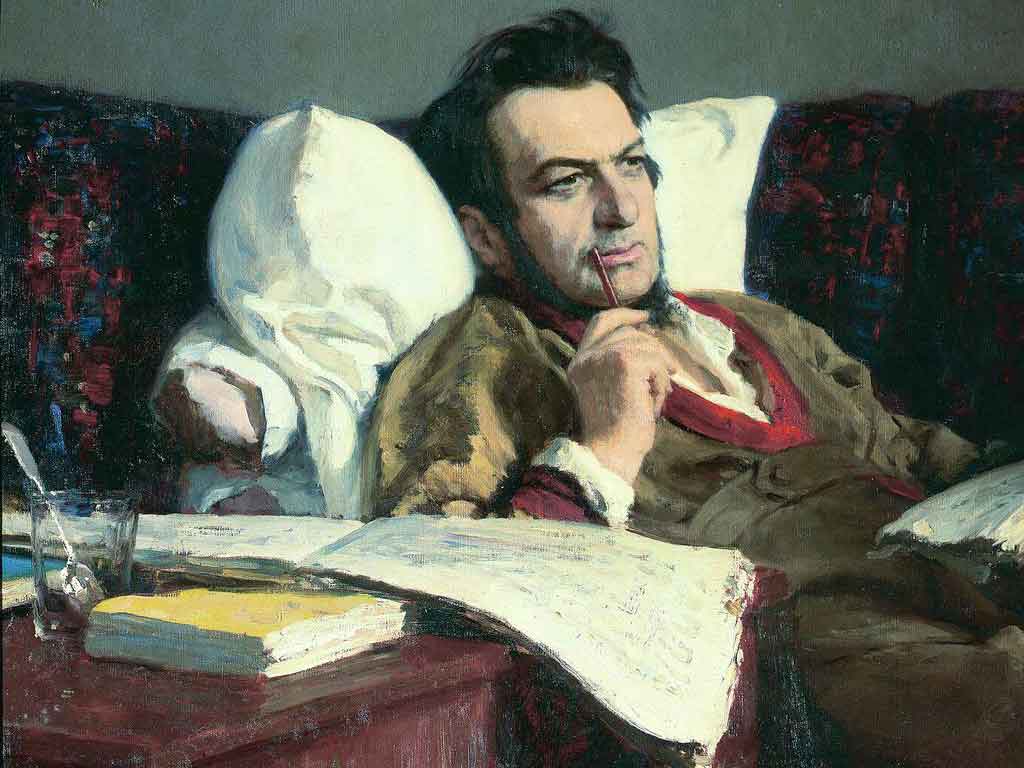
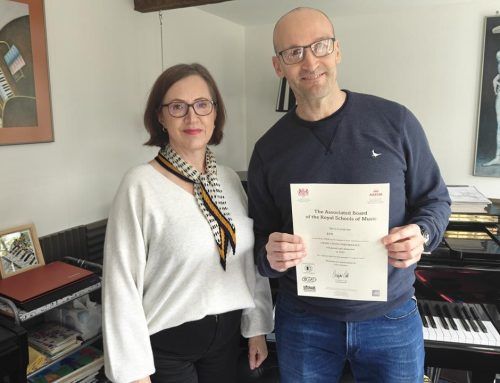
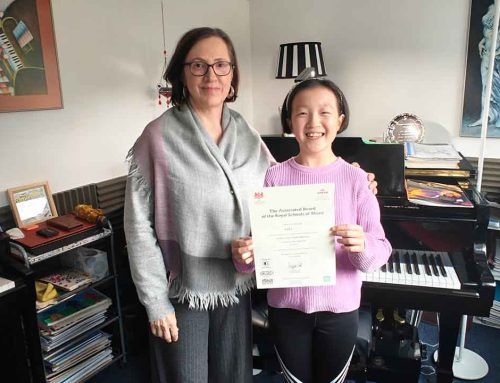
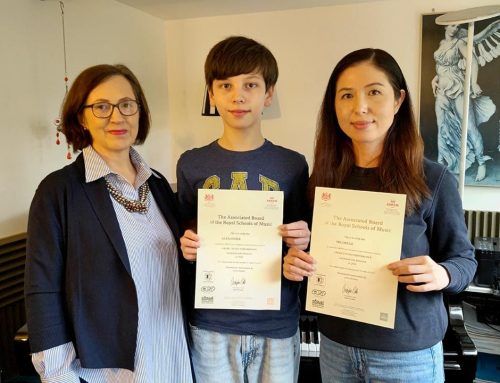
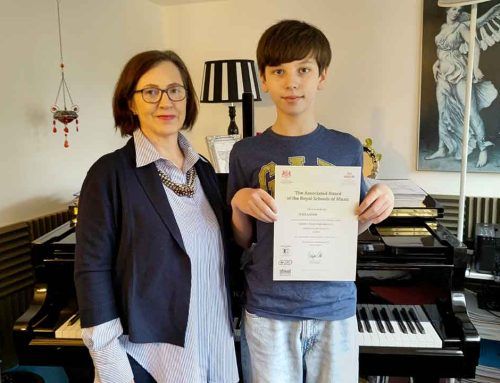
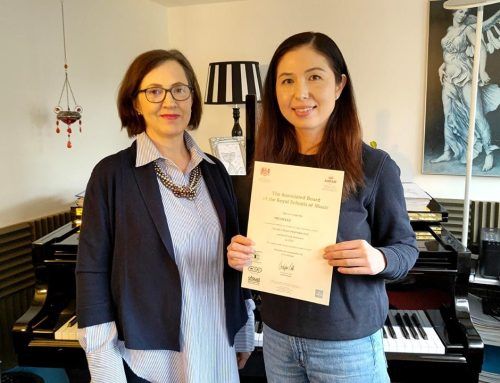
Beautiful and uplifting! A true pleasure to listen too, thank you for sharing!
A moment of pure calm in a mad mad world
Truly lovely
So beautiful, really stirs the soul and wonderfully played by an expert. Thank you for sharing.
Beautiful, very calming but ultimately uplifting too.
So soothing a pleasure to listen to.
So soothing and emotional what a treat! Thank you for sharing your wonderful and beautiful talent.